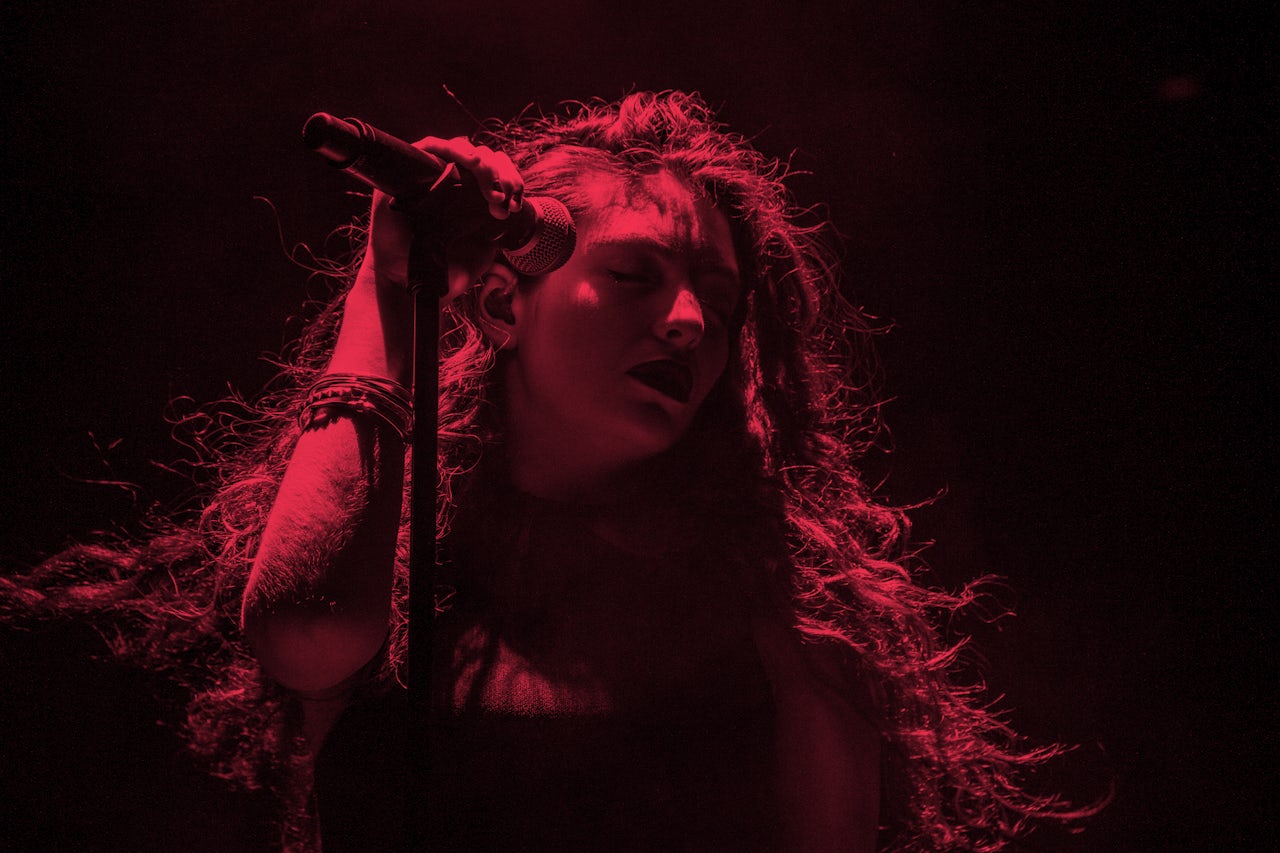When New Zealanders Justine Sachs and Nadia Abu-Shanab wrote an op-ed urging pop star Lorde to cancel her June 2018 concert in Tel Aviv, chances are the two writers and activists didn’t know how great of an effect their words would have, as Lorde did indeed cancel the show. “I had done a lot of reading and sought a lot of opinions before deciding to book a show in Tel Aviv, but I’m not too proud to admit I didn’t make the right call on this one,” she wrote in statement shared with The Jerusalem Post. Lorde has been roundly criticized for this by pro-Israel groups — on December 31, Rabbi Shmuley Boteach placed a full-page ad in the Washington Post criticizing her action as anti-Semitic — but has held fast to her decision. But while no legal action has yet been brought against her, on Wednesday Sachs and Abu-Shanab were hit with a lawsuit for violating an Israeli law, established in 2011, that criminalizes calling for an anti-Israel boycott. Israeli legal group Shurat HaDin, who represent three Lorde fans filing the lawsuit, are seeking a little under $13,000 in damages for “emotional injury,” The Guardian reports.
The legislation — which allows for civil lawsuits for damages against entities advocating for anti-Israeli boycotts — has been unevenly implemented and is yet to be tested in court. Nevertheless, the lawsuit is part of a wider international movement to suppress BDS (Boycott, Divestment, Sanctions) efforts through legal means. In the U.S. alone, anti-BDS laws have been passed in 24 states with others at least introduced in 11 more. Recently, Florida legislators have been trying to make their own anti-BDS law more stringent. If they are successful, Lorde (as Rep. Randy Fine specifically cited in a January press conference) would have to reschedule her April tour dates in Miami and Tampa to appear in venues that do not receive state funding. (Lorde did not respond for comment.)
As shocking as such a lawsuit may seem, it’s really just par for the course in anti-BDS legislation, as Omar Shakir, Israel and Palestine Director for the Human Rights Watch, told The Outline. Though the law has never been tried in court, Shakir says that entities have been challenged under the law before. “Certainly a number of human rights Israeli organizations and policy organizations have raised a set of concerns about this law. But part of the challenge is implementation of it has not been clear.” Shakir pointed to March 2017, when the Israeli government approved a measure to ban supporters of economic boycotts against Israel from entering the country. In January Israel released a blacklist of organizations included in that ban.
“It's really about the chilling effect it causes on people. The idea is to stigmatize this campaign and make it such that folks think carefully about whether or not they want to be targeted in this way,” said Shakir. “It's easy for a lawsuit like this to then lead to characterizing artists or individuals as being anti-Semitic or anti-Israel when in fact their motivations vary.”
Shurat HaDin regularly litigates internationally against economic boycotts of Israel and other entities they see as “Israel’s enemies.” In 2011, the organization was involved in a New York class-action lawsuit against former president Jimmy Carter, stating that information he included in his book Palestine: Peace Not Apartheid included erroneous criticisms of Israel thus violating the state’s consumer protection laws. The plaintiffs dropped the suit three months later.
Here is Nadia and I's statement on THAT situationhttps://t.co/jSu924YNYG
— justine 🌹 (@precariatqueer) February 1, 2018
There are still several questions surrounding Shurat HaDin’s lawsuit against Sachs and Abu-Shanab. Since the law is relatively new and untested, issues of enforcement of the possible fine — as well as how the court will proceed with defendants located in New Zealand, and how far the lawsuit will proceed at all — are still hazy. In a February 1 statement posted to Medium, Sachs and Abu-Shanab wrote that they “have not received any summons or other formal notice” and doubt the “legitimacy” of the lawsuit. Still, by involving one of the biggest pop stars in the world, even rumor of the lawsuit ensures more people than ever will know about the law.
